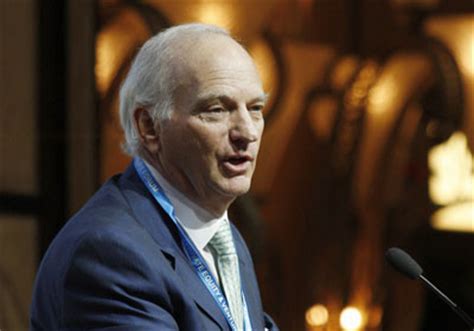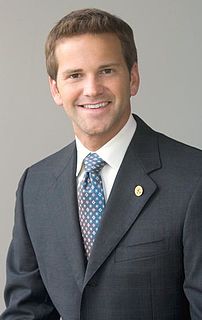A Quote by Octavia Spencer
My job as an artist is to present the material. My job as a woman is to receive from it what I need.
Related Quotes
Social-enterprise employees earn wages and pay taxes, reducing their recidivism rates and dependence on government assistance. They also receive crucial on-the-job training, job-readiness skills, literacy instruction and, if necessary, the counseling and mental-health services they need to move into the mainstream workforce.
That's the difference between the serious artist and the craftsman--the craftsman can take material and because of his abilities do a professional job of it. The serious artist, like Proust, is like an object caught by a wave and swept to shore. He's obsessed by his material; it's like a venom working in his blood and the art is the antidote.
If you don't have the good fortune to work a lot then you take any job you get offered, whether it's a good job, fun job, a bad job, horrible job, whatever, you just take what you need to take. But I'm lucky in that - at the moment anyway and hopefully forever, but who knows - I get the chance to pick jobs for the kick of it and the fun.
It's never the same relationship. I see my job as filling in the blanks. Whatever it is that the artist lacks in the process of making a record, I'm supposed to fill that in. And sometimes it's a lot of stuff and I have to hector them about working on the material and that sort of thing. Sometimes you have an artist that's really fairly self-sufficient; they just need another ear to offer some objective criticism, but otherwise pretty much know what they're doing. It varies a lot.



































